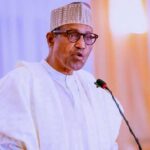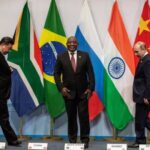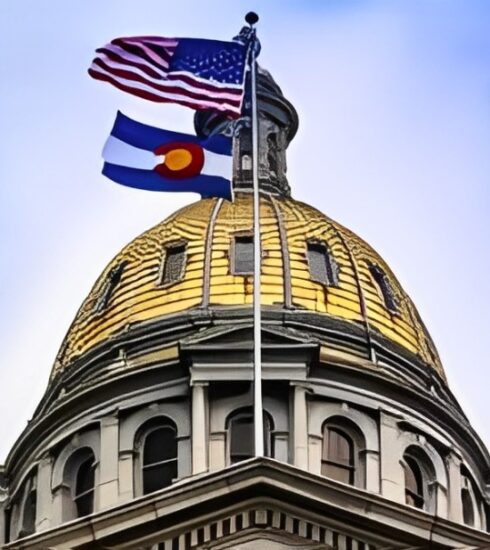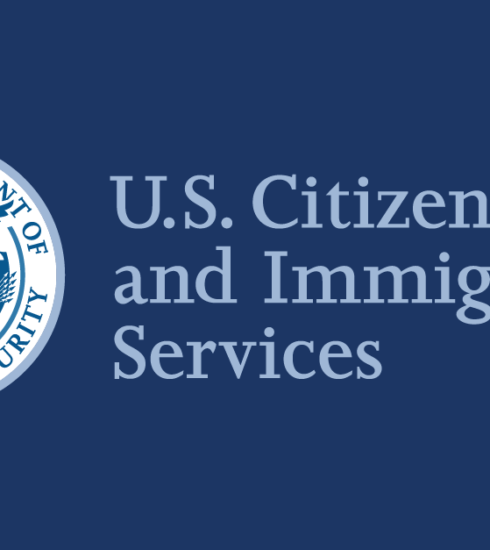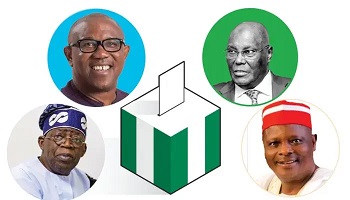The Ugandan parliament last month passed a bill making it a crime to identify as LGBTQ. The bill which was passed into law with an overwhelming majority vote in favour, handed authorities broad powers to target gay Ugandans who already face legal discrimination and mob violence.
As of today, same-sex relations are legal in only 22 of Africa’s 54 countries, and are punishable by death or lengthy prison terms, according to a global review by the International Lesbian, Gay, Bisexual, Trans and Intersex Association (ILGA).
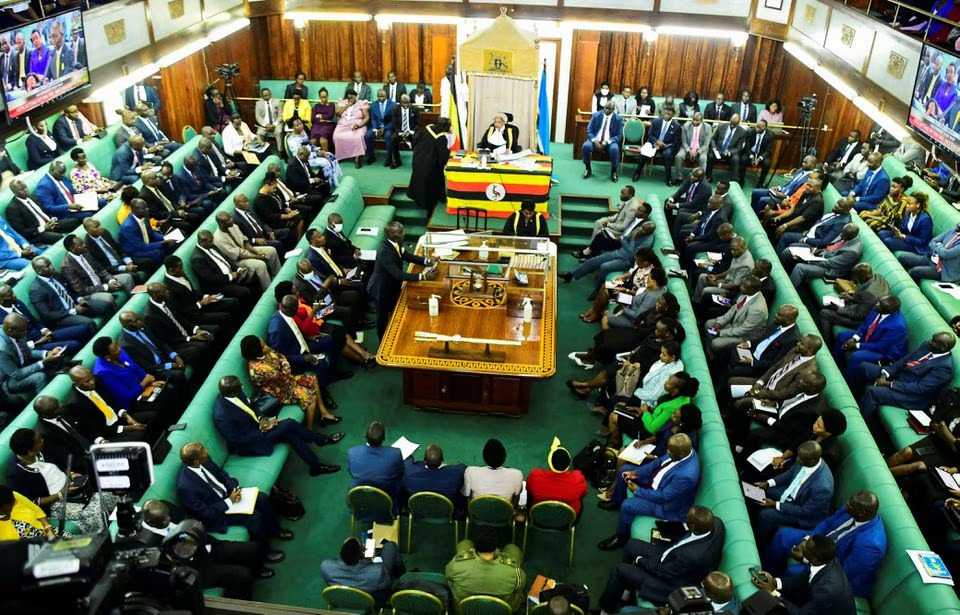
Ugandan legislators participate in the debate of the Anti-Homosexuality bill, which proposes tough new penalties for same-sex relations during a sitting at the Parliament building in Kampala, Uganda. Photo -REUTERS
The African continent accounts for nearly half of the countries worldwide where homosexuality is outlawed, according to the review, which was last updated in December 2020.
LGBTQ activists in Uganda have admitted that the bill’s passage triggered a wave of arrests, evictions and mob attacks against gay people. It goes without saying that people in many of the African countries where same-sex relations are outlawed consider gay people foreign or alien to the continent’s culture.
In all fairness though, people “exhibiting homosexual tendencies” isn’t new in African society, however, gay people have always been encouraged to be discreet about their sexuality.
An African sociologist from Ghana Dr. Nana Obiri Yeboah recently admitted that homosexuality is foreign to a vast majority on the Continent. “People have practiced it [homosexuality] here a long time, but because it is frowned upon, people have organized against it,” he added.
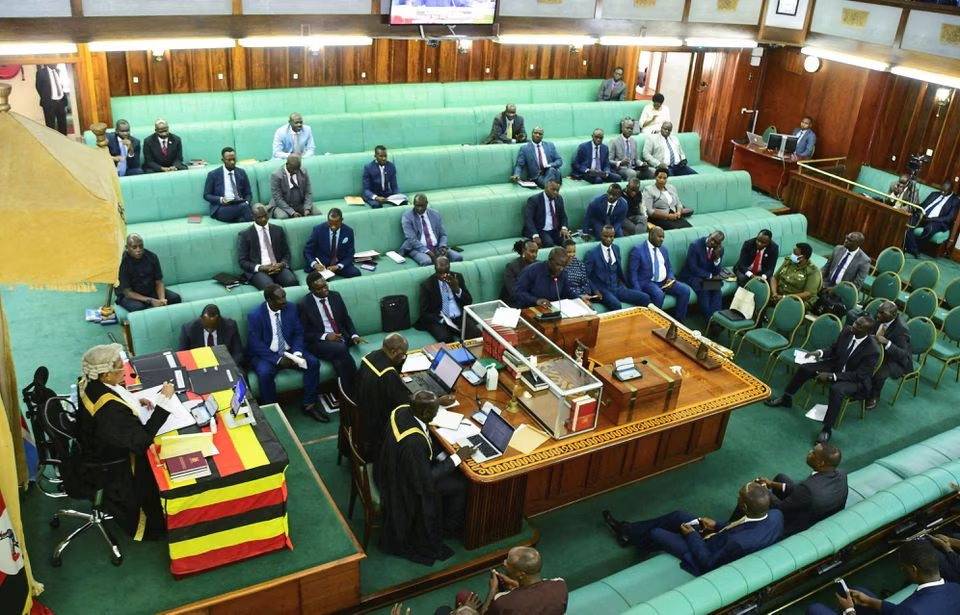
Uganda’s Speaker Anita Annet Among leads the session during the proposal of the Anti-Homosexuality bill in the Parliament in Kampala, Uganda. REUTERS
Yeboah said the push for the recognition of same-sex rights would continue to face stiff opposition in most African countries. “It’s not part of our norm and has never been acceptable to us. So it’s not part of our culture orientation,” he explained, adding, “It is not a tradition.”
The pertinent question on the lips of pro-LGBTQ agitators though is, why are African so stuck in their ways? Shouldn’t culture evolve?
But an African emerita professor of anthropology, Takyiwaa Manuh, told Ghana’s state broadcaster that the there is nothing “foreign” about gay people in African society.
“I’m 70 years old,” she said. “I grew up hearing about all the gays and lesbians, whether you like the alphabets or not, they’ve not been imported from anywhere.”
Manuh said culture that is dynamic and evolves, so using culture as a defense for preaching hate against people who happen to be gay is unacceptable.
“I’m a lawyer and an anthropologist, culture is not static,” the gender activist said. “It is interesting in all the countries where this issue is making the rounds; culture gets resurrected as the shield, the big shield.”
For most African countries, anti-LGBTQ laws date as far back as the colonial era. Most of those laws haven’t been changed since those countries gained independence.
Dr. Yeboah — who is against same-sex marriages — said that weddings in the African context only promote union between two opposite sexes.
“Our definition of marriage is a relationship between two [people of the] opposite sex as being acceptable socially and legally,” he said, adding that any push for same sex marriages would lead to harsher anti-LGBTQ laws.
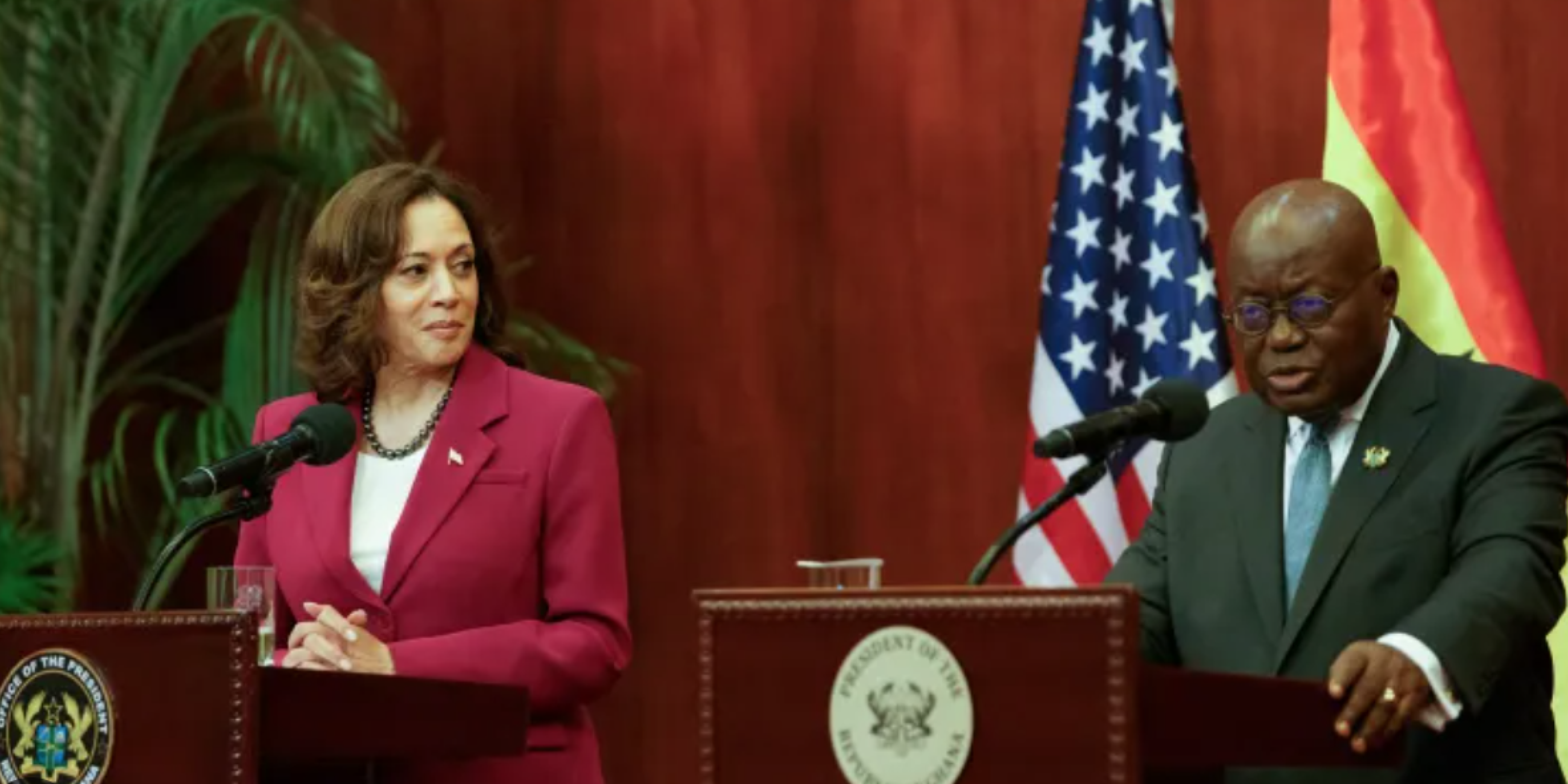
U.S. Vice President Kamala Harris with Ghanaian President Akufo-Addo on her recent visit to the West African Nation. Harris has been lobbying leaders on the continent to respect LGTBQ rights. Photo- Sahara Reporters
But for Manuh, gay people only want to be free from stigma and discrimination, as well as widespread threats and violence.
“The point is that gays and lesbians haven’t asked for anything. This same sex marriage that gets imported, they have not asked for it. They are only asking to be left in peace and then we try to confuse the debate,” she said.
Currently, the state of play on LGBTQ rights in Africa are as follows: The maximum penalty for same-sex relations is death in four African countries: Mauritania, Nigeria (in states where sharia law is applied), and Somalia. An Islamic sharia court in Nigeria’s northern state of Bauchi sentenced three men to death by stoning in July last year after convicting them on charges of engaging in homosexuality.
Life imprisonment is the maximum penalty for same-sex relations in Sudan, Tanzania, Uganda and Zambia, while jail terms of up to 14 years are possible in Gambia, Kenya and Malawi. The High Court of Kenya in 2019 upheld a law criminalizing consensual same-sex sexual activity, saying it was “an effective method to contain the country’s HIV epidemic”. In 2017, Chad criminalized same-sex acts in what the ILGA review called “a worrying example of legal regression in the region”.
A draft bill that sought to toughen already severe laws against same-sex relations in Senegal was thrown out before being put to a vote because existing legislation was deemed sufficiently clear and the resultant penalties severe enough.
Although homosexuality is not a crime in Egypt, discrimination against the LGBTQ community is rife. Gay men are frequently arrested and typically charged with debauchery, immorality or blasphemy.
Ivory Coast does not criminalize gay sex but there have been recorded cases of detention and prosecution. Tanzania has banned provision of condoms and lubricants to LGBTQ health clinics and, since 2018, increased the use of forced anal examinations.
Convictions on the grounds of sodomy in Tunisia have reportedly been on the rise. Broad protection against discrimination based on sexual orientation exists in three countries: Angola, Mauritius and South Africa. Employment protection exists in the same three countries plus Botswana, Cape Verde, Mozambique and Seychelles.
South Africa in 2006 became the first African country where gay marriage is legal and where the constitution protects against discrimination based on sexual orientation. In March 2018, the cabinet approved a bill criminalizing hate crimes and hate speech. However, South Africa has a very high rate of rape and homophobic crime.
Mozambique in 2015 dropped a colonial-era clause outlawing same-sex relationships from its penal code. Botswana’s High Court made a similar move in 2019, replacing a law that had dated back to 1965 when the country was under British rule. Angola in 2021 became the latest African country to decriminalize same-sex relationships, after passing a new law to replace one that dated back to the colonial era.
Vice President Harris, on her recent three-nation trip to the continent, rightly talked about the need for African countries to ensure “all people be treated equally.” She spoke first in Ghana, where the parliament is considering a bill almost as bad as Uganda’s that would imprison people who identify as gay and make it a crime to advocate for LGBT rights. Harris said she raised the issue of human rights in private talks with President Nana Akufo-Addo. But in remarks to reporters she was careful not to directly address the bill, likely mindful of avoiding a domestic political issue.
But even that “quiet diplomacy” approach provoked fierce criticism. Ghanaian Speaker of Parliament, Alban Bagbin was one of the first to fire a salvo. He slammed Kamala Harris for advocating the LGBTQ practice in Ghana. He described her comments as undemocratic and according to him, it should not be tolerated.
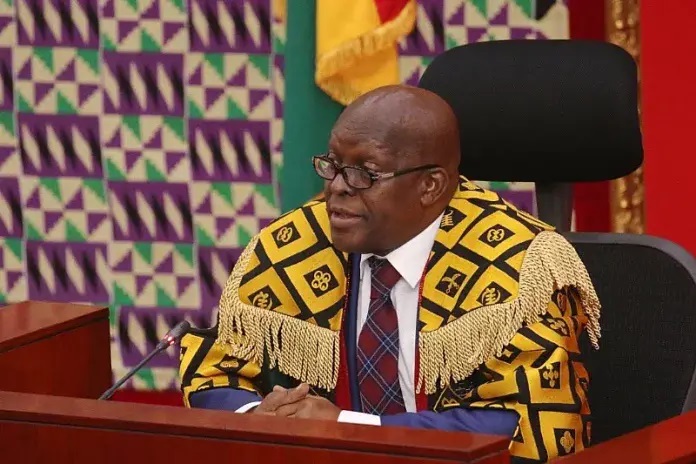
Alban Bagbin who is the speaker of the Parliament of Ghana has slammed Kamala Harris for her LGBTQ campaign on the continent. Photo -GhanaDaily
In its overtures to Africa, the Biden administration is trying to counter the growing influence of China, and to a lesser extent Russia, on the continent. But China under President Xi Jinping and Russia under President Vladimir Putin have both taken a more conservative, backward turn on LGBT rights, trying to depict homosexuality as another example of a decadent West in decline. That message is likely to find resonance in Africa. U.S. evangelical religious groups operating on the continent are also reportedly pushing homophobic views.
The Biden administration’s advocacy of LGBT rights is likely to come across as another example of the United States lecturing Africa and not listening.
One thing is certain for sure, the futures of the LGTBQ communities on the continent are a long way from being secure.

